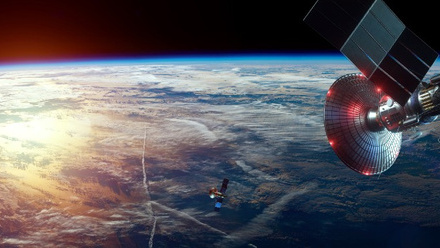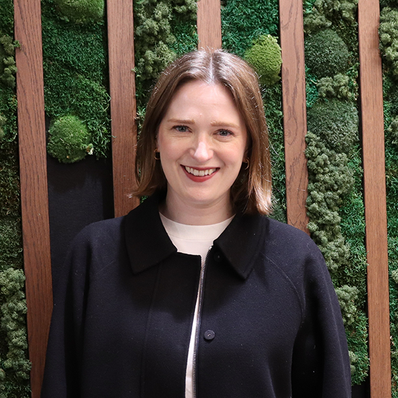techUK hosts RHC for the launch of ‘The Future Regulation of Space Technologies’ report
-
techUK hosted the launch of the Future Regulation of Space Technologies report with the presence of Dr. Lucy Mason, Member of the Regulatory Horizons Council and Director of Capgemini Invent.
-
The report lists future scenarios and the consequences of inertia in improving internal and external regulatory frameworks within a fast-moving technology development landscape.
The Regulatory Horizons Council (RHC) has launched its report on the Future Regulation of Space Technologies. techUK hosted the RHC who presented the report for the first time durng our Space Commercialisation and Tech Summit. The event explored relevant discussions regarding the journey to commercialisation and how to innovate within the UK space sector, counting on the presence of the UK Space Agency, industry experts, and start-ups.
Introduction to the report
The report was commissioned by DSIT, as part of a review of space regulation. In the report, the RHC points to the pace of regulation of space activities, within the increasing push in technology development across segments of the space industry. Diverting future consequences of the current situation requires that both national and international fora mature in their approach to regulation of space activities.
Among a number of actions suggested, the report outlines the following as key to avoid the most complex of the four potential scenarios for space exploration:
- Market actors and regulators alike should keep a closer look on potential conflicts.
- Further debate around international space policy is necessary to guarantee a sustainable orbital environment.
- Growing military and commercial interest around space capabilities.
Exploitation and conflict: can regulation catch up to the New Space race?
The future scenarios fall within the cardinals of maximum or minimal exploitation and conflict. In a maximized exploitation/high conflict scenario, the space sector would characterize a ruthless world, driven by a very low trust-environment, high barriers for market access by start-ups, and increased debris (to name a few). On the other side a resilient world of exploitation and low conflict would see diplomatic collaboration, marked by a high-trust environment, and clear regulatory frameworks.
Within the minimal exploitation scenarios, high conflict would generate a failure to benefit from space. Unclear relationships would be followed by a fragmented ecosystem, divided into polarizing supply chain and consumer markets. Other countries would align with these potencies without internal capabilities of their own.
Another scenario is the adaptable world. Held within a low conflict and minimal exploitation frame, this scenario reflects a technology agnostic space economy, driving greater innovation and change. With more technological alternatives the UK could develop strengths in key parts of the supply chain, as well as leverage services as a supporting player. Beyond commercial benefits, there would be advances in lobbying for sustainable development.
These are only a few consequences envisioned by the report. In the effort to align a narrative with each potential future of space technology, regulation plays a part in managing the risks of technological innovation, controlling market barriers, and pursuing international consensus. The degree to which these functions are performed relies on the choices made by stakeholders today.

Space Commercisalisation and Tech Summit
Join techUK for a convergence of established satellite companies and pioneering space start-ups at an event where you'll network with the brightest minds shaping the future of the UK space industry.
Exploring the Potential of Future Telecoms
Visit our Future Telecoms Hub to learn more or to register for regular updates.
Future Telecoms is techUK’s exploration of what the connectivity of tomorrow will look like. We will highlight the criticality of communications to our future prosperity and economic growth, and how the future telecoms ecosystem acts as the engine of innovation. Visit our Future Telecoms Hub to learn more or to register for regular updates.
Upcoming Future Telecoms events
Latest news and insights
Telecoms updates
Sign-up to get the latest updates and opportunities from our Communications Infrastructure and Services programme.
Contact the team
Learn more about our Future Telecoms campaign


















